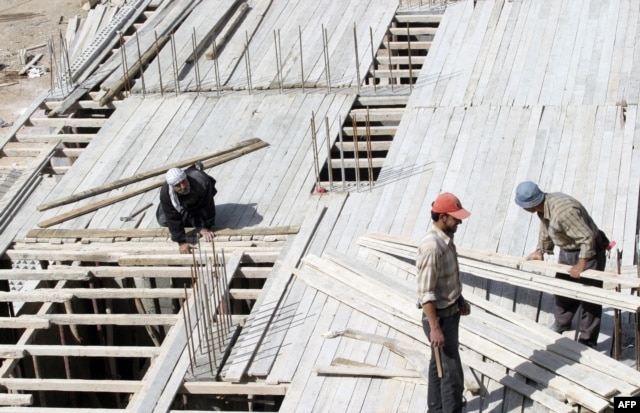Companies could be the next ISIS target
MarketWatch: Companies could become larger targets of pro-Islamic State hackers, according to a security company that analyzes the group’s online activity.
The hacking capabilities of ISIS, which has spread propaganda through online channels such as Facebook and Twitter, remain nascent and relatively unsophisticated, according to researchers at the New York-based intelligence company Flashpoint. But the group has gained supporters with hacking skills who are helping propel the group’s online campaigns, the researchers say.
“These are individuals that are hackers first, ISIS supporters second,” says Laith Alkhouri, cofounder and director of research and analysis for the Middle East and North Africa at Flashpoint. “This is definitely a problem in the U.S. for individual businesses, especially individually businesses that are catering to customers digitally.”
Alkhouri says the pro-ISIS hackers typically deface websites to post messages in support of the group to gain notoriety and spread their propaganda. Flashpoint tracked one pro-ISIS hacking group by the end of 2014 and since then, at least five different groups have emerged, typically by defacing their websites. It’s difficult to know the full scope and number of ISIS-backing hackers because they’re behind computers, he says.
Pro-ISIS hackers have in the last year targeted government agencies, universities, businesses and media outlets of all sizes, according to a report released in August by the Middle East Media Research Institute, a Washington, D.C.-based nonprofit. While ISIS hacking capabilities have been considered relatively unsophisticated and focused on companies that may not have a large security apparatus, some still worry the group could bring on more skilled hackers.
For example, on Aug. 8, ISIS supporters posted messages saying “i love you Islamic State & Jihad” on the website of a Cincinnati restaurant, according to the Middle East Media Research Institute. French media outlets held an emergency meeting after hack attacks on TV5Monde’s website in April 2015, according to The Guardian.
Small or medium-sized companies with amateur websites should monitor each page to ensure a subsection of the website hasn’t been defaced with pro-ISIS messages, Alkhouri says. Often, he says, companies may not immediately realize a subsection of their website has been taken over by ISIS supporters, and the message could hurt the brand among customers. Alkhouri says the group’s attacks could escalate as the hackers seek more notoriety and publicity for their acts.
One pro-ISIS hacking group claimed it planned to take down Google, according to Newsweek, but instead posted its messages on the website of an Indian company called Add Google Online.
The Pentagon has launched an online offensive against ISIS, according to reports, in an attempt to frustrate the group’s computer and phone networks.
A prominent ISIS hacker was killed in a drone strike last year, The Wall Street Journal reported, after U.S. and British officials determined he played a key role in sharpening the group’s computer skills.
*****
Meanwhile, the FBI is on the trail stemming from the attacks in Belgium where investigations of internet and electronic communications could reveal more on the cyberwar, soft targets.
FBI examining laptops linked to Belgian militants: source
Reuters: The Federal Bureau of Investigation is examining laptop computers linked to suspects in last week’s deadly Brussels bombings as investigators work to unravel the militant network behind the attacks.
The laptops arrived in the U.S. on Friday and now are being examined by FBI experts, a U.S. government source familiar with the matter said on Tuesday.
The Wall Street Journal reported on Monday that Belgian authorities had provided copies of laptop hard drives to the FBI. It is not yet clear whether FBI technicians have recovered any significant data from the equipment the Belgians turned over, the source told Reuters.
U.S. officials have pledged support for Belgian efforts to crack down on militants behind the March 22 suicide bomb attacks at a Brussels Metro station and the city’s Zaventem Airport and other recent attacks.
The death toll from the attack on the airport, and the subsequent bombing of a rush-hour metro train, rose to 35 on Monday, excluding the three men who blew themselves up.
On Saturday, President Barack Obama said the a team of FBI agents was helping investigators on the ground in Belgium.
U.S. officials have said that Belgium’s security and intelligence agencies are overstretched and also hampered by internal political, financial and cultural problems, including a linguistic divide between French and Flemish speaking investigators.

